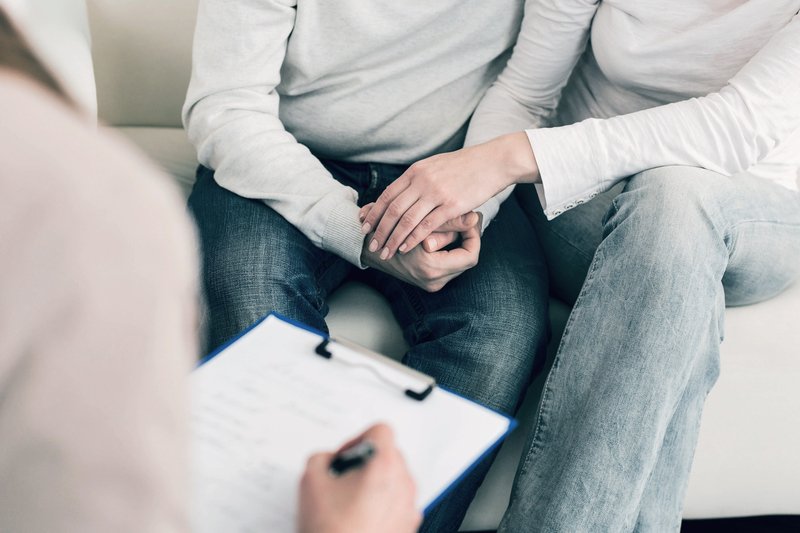Mighty Mama: Vania Rios and her Journey from Postpartum Suffering to Postpartum Healing
Vania always wanted to be a mom. But when she unexpectedly became pregnant a few months into her relationship with her now-husband, she was nervous. “It definitely caused a lot of discord and strong emotions trying to navigate being a new parent and still trying to figure out who each other was.” The first year of motherhood was challenging for Vania, she felt anxious, and full of rage—a common symptom of PPD—and knew something did not feel right. “My rage episodes often happened when my anxiety would become unmanageable. It was hard and I often hated myself after it happened.” On her worst days, Vania found herself having intrusive thoughts. “I remember talking to my husband that I didn’t feel like myself, but I couldn’t put my finger on it.” It wasn’t until a few years later that Vania realized that she was suffering from postpartum depression and postpartum anxiety.
This Couldn’t Happen to Us and Other Lies New Parents Tell Themselves: A Three-Part Guide to Making Sure Your Relationship Survives a New Baby (Part III)
It is difficult to convince a postpartum woman to go to therapy. Whether or not she is depressed, a new mom is exhausted, overwhelmed and preoccupied with her new baby. Understandably, early motherhood is not the best time to introduce a therapeutic-relationship or impose a healing process that is time-intensive and costly. However, if her symptoms become worse after the baby is born, if she is experiencing intrusive or distorted thoughts, or if she is suffering enough, then she needs help and there may be no choice, but to get help right away. But how do you encourage her to engage in therapy?
This Couldn’t Happen to Us and Other Lies New Parents Tell Themselves: A Three-Part Guide to Making Sure Your Relationship Survives a New Baby (Part II)
When Beth imagined motherhood, she pictured her and her husband John, lying in their bed on a Saturday morning. She imagined their little baby perfectly content lying between them. Beth and John would lovingly look at each other, and think how lucky they were to have this beautiful baby and perfect family.
What Beth did not imagine is being up at 3:00 AM with a colicky, screaming baby, feeling alone, depressed, and resentful as her husband is sound asleep in the next room. Beth is filled with feelings of guilt and worthlessness as she thinks to herself: ‘this is not the life I pictured. I must be a terrible mother. My family would be better off without me.’
Why Mother's Day Isn't a Happy Day for Every Mother
Mother’s Day is a great opportunity to acknowledge and celebrate the mothers in your life. And if you are a mother, it can be a wonderful time to celebrate yourself. But Mother’s Day can also be a complicated holiday for many women, especially a new mom who may be suffering.
Why New Moms Don't Want to Engage in Therapy
Pregnancy and parenting is a happy time in your life. But what if it is not? Along with the joy that accompanies pregnancy and the birth of a new baby, there are also stressful experiences that generate anxiety and pervasive feelings of sadness, incompetence and loneliness. One in seven women suffer from Perinatal Mood and Anxiety Disorders, a group of symptoms that occur during pregnant and in the postpartum period, interfering with a mother’s emotional wellness and overall functioning. Therapy can be very effective at reducing these symptoms, but most new mothers are not interested in therapy. Here are some reasons why mothers are ambivalent about starting therapy.
Celebrities Share Their Struggles in Motherhood
Perinatal Mood and Anxiety Disorders (PMADs) is one of the leading complications related to childbearing; however, is often under disclosed and under diagnosed. While there are certainly improvements to be made in the medical and professional communities, many mothers do not share their symptoms with professionals or even family members. Why is it that mothers who may be suffering from depression or anxiety are reluctant to come forward and receive help?






